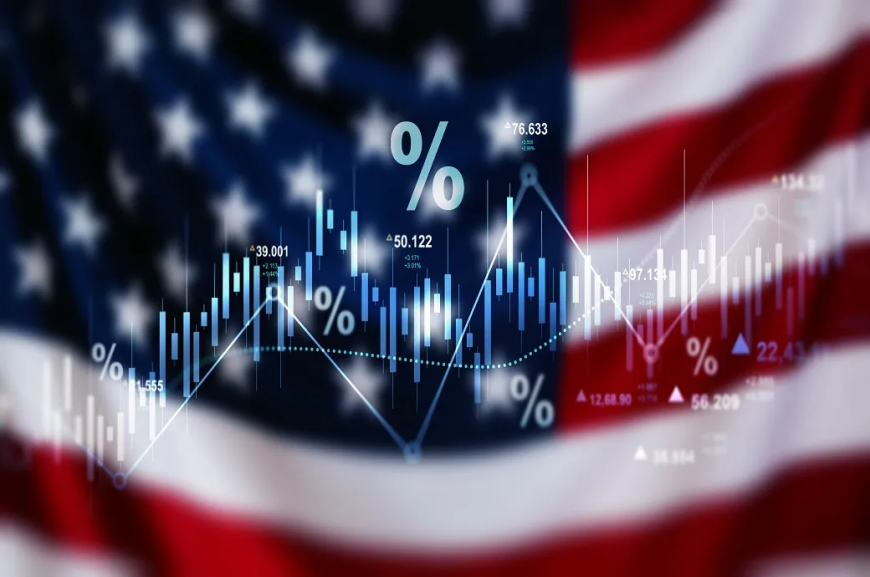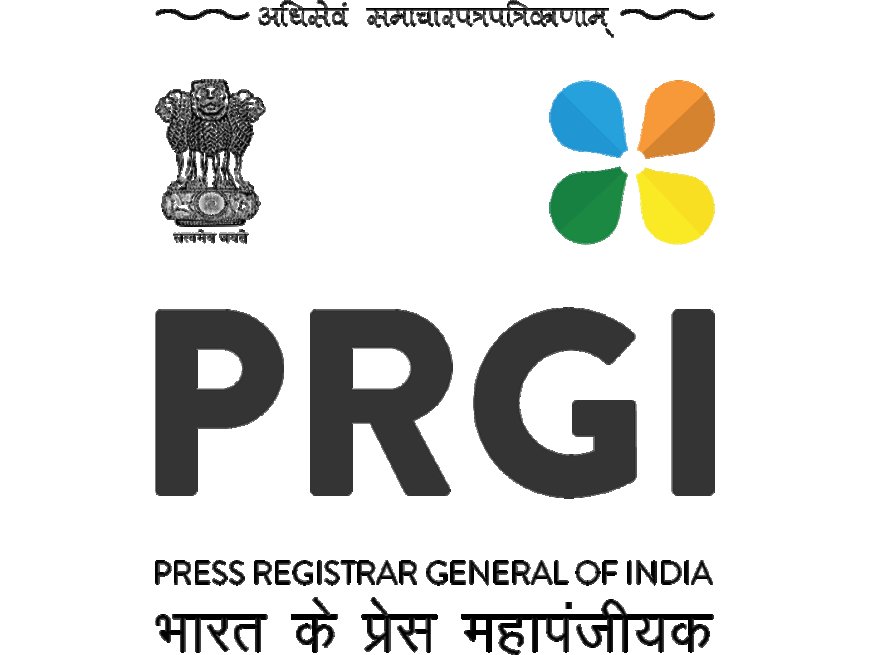Yale Economist Warns: Trump’s Unpredictable Tariffs Threaten U.S. Economic Stability
Yale economist warns that President Trump’s unpredictable tariffs are disrupting business planning and threatening the stability of the U.S. economy.

A leading economic expert from Yale University has issued a stark warning about the ongoing impact of President Donald Trump’s fluctuating tariff policies, cautioning that these unpredictable measures are destabilizing the U.S. economy. Analysts note that the volatility in trade policy is disrupting business planning and investment decisions, potentially undermining the country’s long-term economic growth.
The Current Tariff Landscape
Since taking office, President Trump has imposed a series of tariffs on imports from countries including China, the European Union, and others. These tariffs were initially intended to protect American industries, promote domestic manufacturing, and address trade imbalances. However, frequent changes in tariff rates, sudden announcements, and retaliatory measures from trading partners have created an uncertain environment for U.S. businesses.
Yale Expert’s Analysis
Dr. Amanda Reynolds, a professor of economics at Yale’s School of Management, highlighted the unintended consequences of these unpredictable tariffs. Speaking at a recent economic forum, Dr. Reynolds emphasized that “when tariffs fluctuate unexpectedly, companies face difficulties in forecasting costs, pricing products, and maintaining supply chains. This uncertainty discourages investment and innovation.”
Her analysis draws on recent data showing slowed manufacturing output, delayed capital expenditures, and increased costs passed on to consumers. “Tariffs, if predictable and targeted, can be tools for economic policy. But the current approach lacks consistency, leading to inefficiencies and market distortions,” she added.
Impact on Business Planning and Supply Chains
Businesses across sectors—from automotive to technology—report challenges adapting to the shifting tariff landscape. Many firms have delayed expansion plans or diverted investments overseas to mitigate tariff risks. Supply chain disruptions have also increased costs, complicating logistics and inventory management.
John Carter, CEO of a mid-sized manufacturing firm in Ohio, shared his experience: “The constant changes in tariff rates make it impossible to plan beyond a quarter. We’re forced to absorb higher costs or pass them to customers, which hurts our competitiveness.”
Broader Economic Implications
Economic forecasters warn that sustained tariff volatility could slow GDP growth and weaken consumer confidence. Rising import costs may contribute to inflationary pressures, affecting purchasing power nationwide.
Furthermore, global trade tensions fueled by tariffs risk triggering retaliatory actions, threatening American exports and jobs. The ripple effects could extend to financial markets and investment flows.
Policy Recommendations
Experts, including Dr. Reynolds, urge policymakers to pursue a more transparent and consistent trade policy. Key recommendations include:
-
Establishing clear, long-term tariff schedules to provide certainty for businesses.
-
Engaging in diplomatic trade negotiations to resolve disputes without resorting to tariffs.
-
Considering targeted tariffs focused on unfair trade practices rather than broad, sweeping measures.
Conclusion
As the debate over trade policy intensifies, the message from Yale’s economic community is clear: unpredictable tariffs risk doing more harm than good to the U.S. economy. Businesses and consumers alike stand to benefit from stability and clarity in trade relations.











